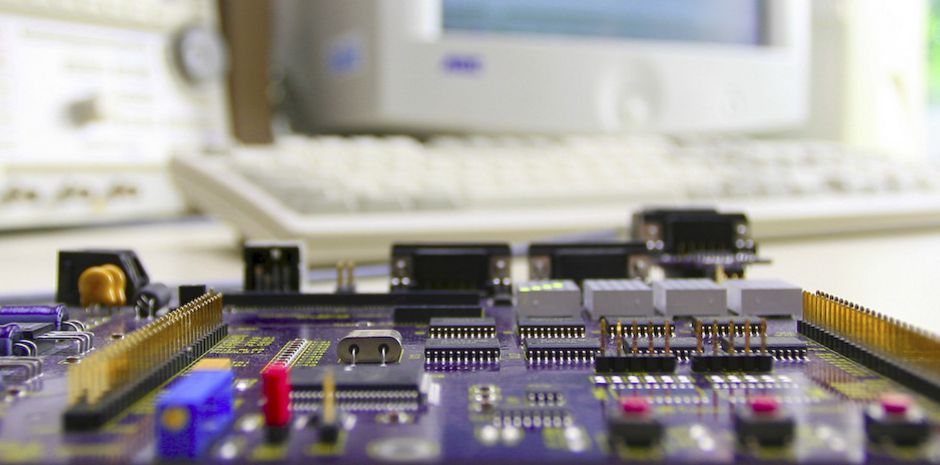
From June 23 to 27 2025 a member of the software-engineering research team of the INKless project attended the ACM International Conference on the Foundations of Software Engineering (FSE) in Trondheim, Norway. He presented the paper "Non-Knowledge as a New Lens on Software Engineering", which introduces the topic of non-knowledge, and how this perspective as a social phenomenon can benefit future research within software engineering, including three concrete directions to investigate. The paper is available here.
The importance of not-knowing for software development with social coding platforms
Software development is fundamental to the functioning of digital technologies, which have become an integral part of our everyday lives and societies. A particular challenge in software development lies in the uncertainties associated with the implementation, revision, maintenance, updating, and improvement of increasingly complex software. Research into software engineering typically aims to develop solutions that allow knowledge to be made available as efficiently as possible in order to deal with these uncertainties. This is where the INKless research project comes in, approaching the knowledge gap in software development from a new perspective: ignorance studies.
The overarching goal of the INKless project is to explore and understand the dynamics and processes of ignorance and knowledge in software development. Drawing on current research in the field of ignorance studies, and in particular research on organizational ignorance, we will identify the facets of ignorance in the context of programming and software development. We will also examine how actors deal with ignorance in order to ultimately develop a model that enables us to explain the phenomenon of ignorance in the context of software development.
In order to achieve the overarching research goal, we work within the framework of INKleSS as an interdisciplinary team that combines expertise from the social sciences and software development research. The following sub-goals enable us to achieve the overarching goal:
Duration: April 1, 2024 – March 31, 2027
Funding body: German Research Foundation
Funding code: 536290508
Project team (Harz University of Applied Sciences):
Prof. Dr.-Ing. Jacob Krüger



